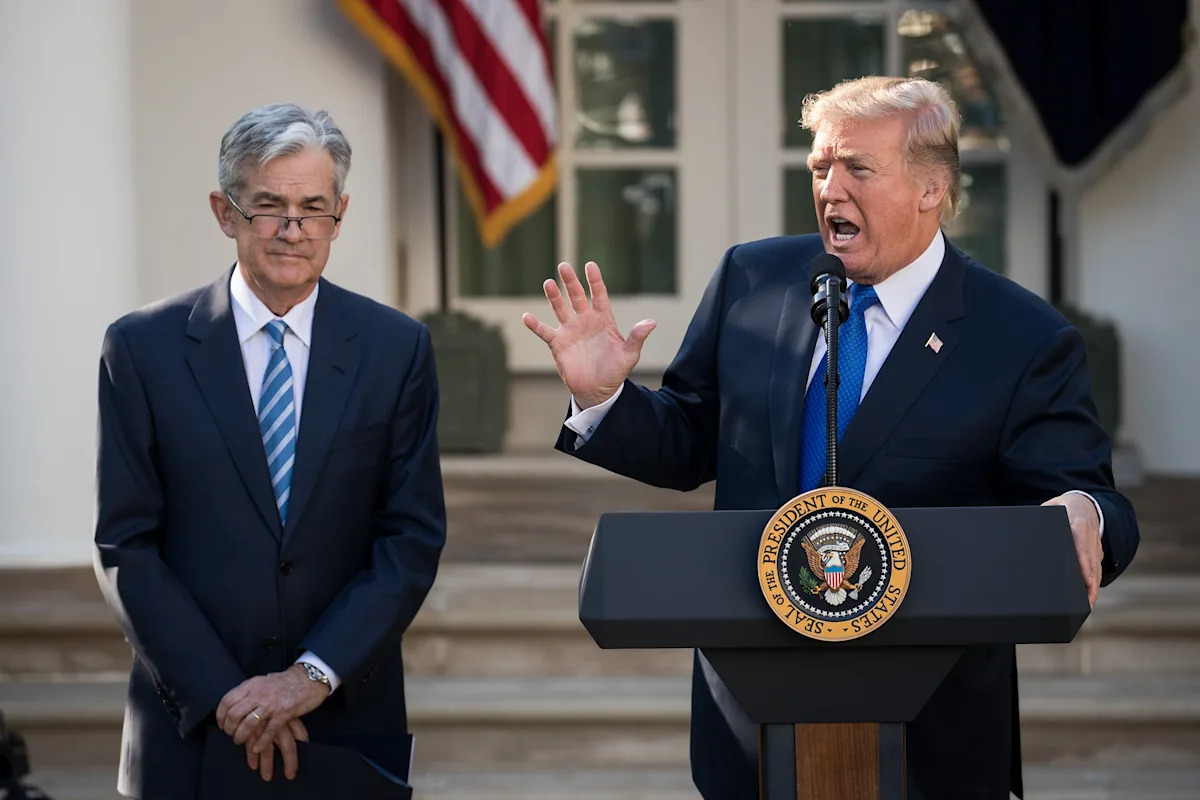Explosive Demand: Bennet Leads Democratic Charge for Kennedy's Immediate Resignation

Senate Finance Committee Calls for HHS Secretary's Resignation
Washington, D.C. — In a bold move, U.S. Senator Michael Bennet from Colorado and fellow members of the Senate Finance Committee have publicly demanded the resignation of Robert F. Kennedy Jr. from his position as U.S. Department of Health and Human Services Secretary.
The lawmakers cite multiple concerns, including:
- Promoting what they describe as a dangerous anti-health agenda
- Spreading potentially harmful disinformation
- Allegedly providing false testimony to Congress
Senator Bennet and his colleagues argue that Kennedy's actions undermine public health policy and scientific integrity. They believe his continued leadership poses significant risks to national health standards and public trust in government health institutions.
The call for resignation reflects growing frustration among lawmakers with what they perceive as irresponsible leadership in a critical government health role.








